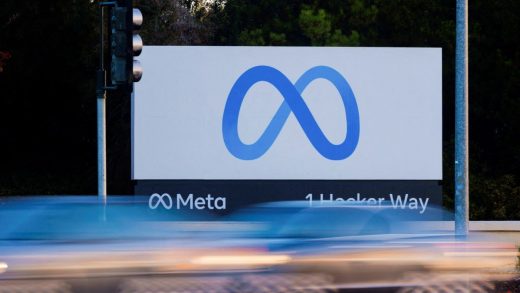
Do you check your social media handles first thing in the morning? Is scrolling through reels the last thing you do before you sleep? Do you experience FOMO seeing other people’s posts? In case the answer to any of these is yes, you are not the only one. Social media platforms such as Twitter, Facebook, and Instagram have become everyday necessities for many of us.
As per statista.com, there were nearly 4.26 billion social media users worldwide in 2021. That number is expected to reach almost a whopping 6 billion by 2027.
A recent study conducted by We Are Social and Hootsuite investigated the time spent on social networks worldwide. As per the results, on average, Internet users spend 6 hours, 53 minutes online every day. Sixty-eight percent of users revealed that they used a mobile phone to access the Internet. The study also found that chat and messaging services are the most used applications on the Internet.
While the Internet does keep us updated and connected, it has its cons. The constant stress of staying updated with everything on social media, the fear of missing out, addiction, and disrupted sleep cycles are some of the ways many of us “reel” under its impact.
Here is how you can avoid the downsides of social media:
- Make sure you set clear limits: Set a limit on the time you spend scrolling through shorts, reels, and posts. Do not check social media handles immediately after waking up or as the last thing before you sleep.
- Plan a life outside your screens: Have a plan for yourself every day. This could be something as simple as playing a sport post work, catching up with friends, or reading a novel. You must ensure that your days involve recreation that involves the real world too.
- Go slow with the updates: Do not be in a rush to update every little happening in your life on the internet. Go slow. Sometimes, wear that outfit, go to that restaurant, and take that trip without putting it on your social media handles.
- Try a digital detox for a few days: Staying away from the digital world will bring you closer to the real world. Take a break from social media platforms for a few days and indulge in hobbies and interests. The rejuvenation that follows makes it worth it.
Social media is a much-needed tool, but make sure you are using it smartly! and sometimes slowly!



